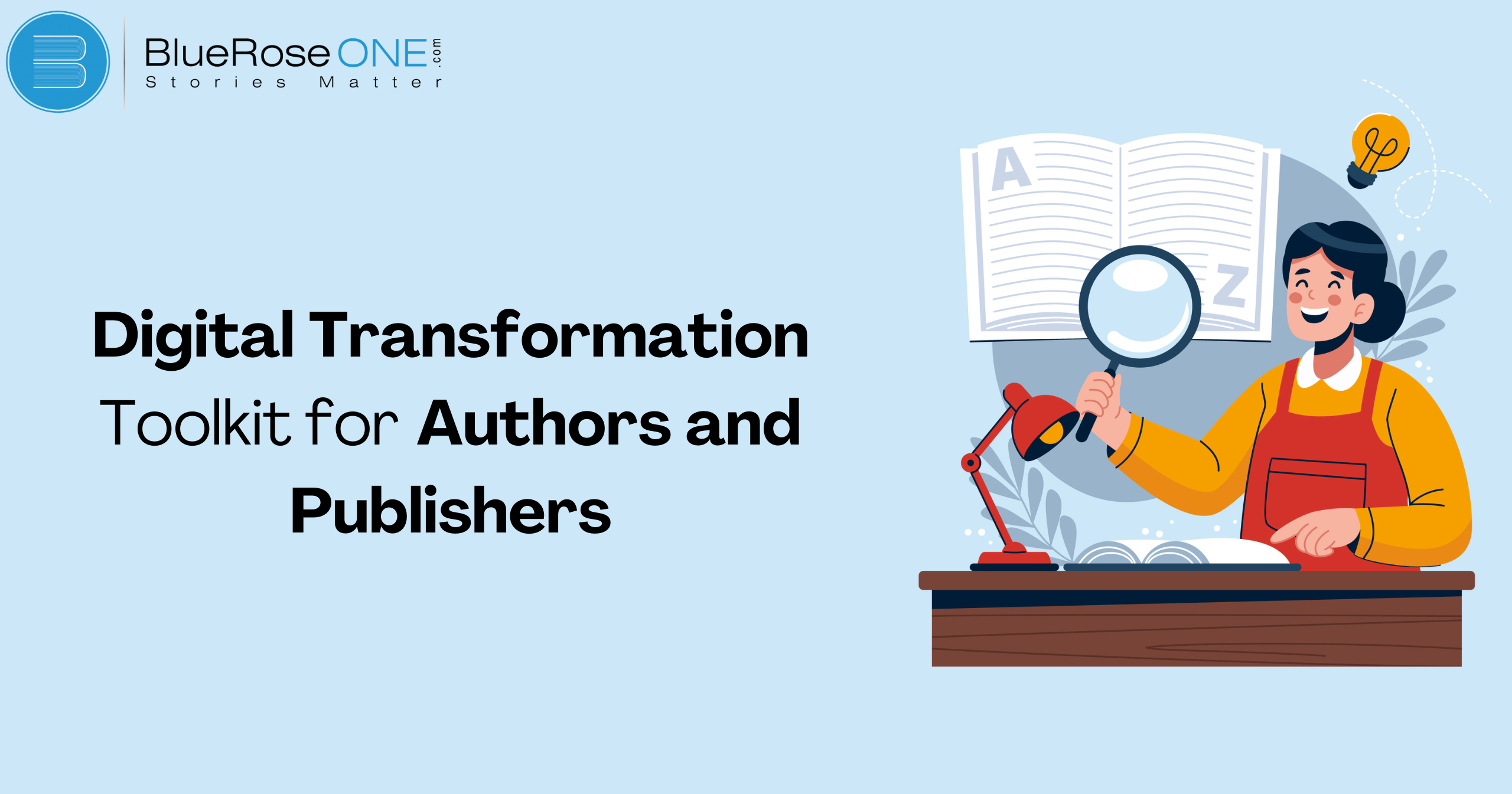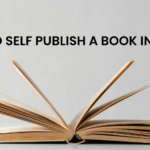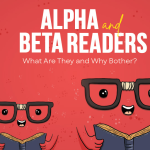The quickly changing book publication world of today has made digital transformation more than just a trendy term; it’s now essential. Both publishers and authors are dealing with hitherto unseen difficulties as a result of shifting consumer habits and technological improvements. They must arm themselves with the appropriate tools and techniques if they are to prosper in this digital age. The key elements of a digital transformation toolkit designed especially for writers and publishers are examined in this essay.
Introduction to Digital Transformation in Publishing
Digital transformation has become a vital force in the book publication world. Both publishers and authors are utilizing technology innovations to improve reader engagement, expand their reach, and expedite workflows.
Using digital tools and platforms for content creation, delivery, and marketing is part of this paradigm change. With the advent of e-books, audiobooks, online marketing campaigns, and data analytics, authors and publishers have an abundance of options to prosper in the digital space.
Comprehending the principles of digital transformation is vital in order to maneuver through this dynamic environment and maintain a competitive edge within the publishing sector.
You may also like: 10 Must-Have Apps for Accessing Digital Books Anywhere
Understanding the Challenges Faced by Authors and Publishers
A vital pillar in the ever-changing book publishing market is digital transformation. Every facet of authors’ and publishers’ work is shaped by the world they navigate, where old techniques and modern innovations collide.
The obstacles are varied and range from the creation of manuscripts to distribution platforms. Mastering e-publishing platforms, optimising content for online consumption, and utilising data analytics to gain audience insights are all necessary for fully embracing digital transformation.
In the digital age, publishers and authors now have to deal with concerns about copyright, risks from piracy, and changing reader tastes. Comprehending these obstacles is crucial to properly utilising digital transformation and guaranteeing triumph in the constantly changing world of book publication.
Components of a Digital Transformation Toolkit
The digital transformation of the book publishing industry has become essential to success. To manage the quickly changing world, authors and publishers need a comprehensive toolkit that includes several essential elements.
First and foremost, it’s critical to embrace digital publishing platforms and e-book distribution methods in order to expand audience reach and accommodate shifting reader preferences. Second, utilising market insights and data analytics helps make well-informed decisions, which improves marketing plans and content production procedures.
Incorporating cloud-based workflows and collaboration technologies also improves efficiency and simplifies the publishing process. Authors and publishers can successfully harness the power of digital transformation to prosper in today’s competitive literary market by implementing these crucial techniques.
You may also like: Typical Errors in Book Editing to Avoid | Essential Guide
Importance of Adaptation and Flexibility
In the rapidly evolving landscape of book publication, digital transformation has emerged as a vital strategy for authors and publishers alike. In this situation, the value of flexibility and adaptation cannot be overemphasized.
The way books are written, published, and consumed is changing due to technology; therefore, those in business need to adapt quickly. By embracing digital change, publishers and authors may experiment with new formats, attract a larger audience, and streamline their workflows.
They may use technology to boost their creativity and productivity by remaining flexible and adaptive, which will guarantee long-term success in the ever-evolving publishing industry.
Leveraging Automation and AI
Leveraging automation and artificial intelligence (AI) has become crucial for writers and publishers undergoing digital transformations in the quickly changing book publishing industry.
These technologies enable increased efficiency and precision by streamlining various operations, such as marketing and manuscript editing. With the use of AI-powered tools for content generation and analysis, writers may edit their manuscripts with a level of understanding never before possible.
Publishers use automation to streamline workflows and increase reach by using it for tasks like audience targeting and distribution. Through the incorporation of these technologies into their repertoire, writers and publishers can access novel opportunities for triumph in the digital domain, guaranteeing that their creations find resonance in a progressively cutthroat marketplace.
You may also like: 10 Effective Strategies to Improve Your Reading Habits
Collaborative Instruments for Increasing Efficiency
Digital transformation has become a crucial instrument in the book publishing industry, revolutionising traditional workflows and improving efficiency for both publishers and writers.
This paradigm change is made possible by collaborative tools, which give publishers and authors more efficient methods for creating, editing, and distributing information. These digital solutions enable teams to operate smoothly across regions and time zones, from project management tools that streamline workflows to writing platforms that are cloud-based and enable real-time collaboration.
Authors and publishers may manoeuvre the intricacies of contemporary publishing with agility and accuracy by embracing these collaborative tools, guaranteeing timely releases and optimising reach in the current digital environment.
Ensuring Content Security and Intellectual Property Rights
Navigating the digital change in the book publishing industry is critical to protecting intellectual property rights and content security. Publishers and authors need to have strong protection plans in place for their works in the constantly changing digital environment.
This calls for the use of encryption technologies, the adoption of safe publication environments, and the enforcement of copyright laws. Adopting digital rights management (DRM) technologies can also limit content distribution and unauthorised access.
Authors and publishers may embrace the potential of digital change while maintaining the integrity of their works by including these measures in their workflows.
You may also like: Marketing Strategies for Self Published Novels | Get Noticed
Addressing the Need for Personalization
Digital transformation has become essential for publishers and authors alike in the book publishing industry. Adopting digital tactics and tools is now essential to thriving in the changing environment, not just a choice. The requirement for personalisation is a key component of this change.
Authors and publishers can customise their content and marketing campaigns to specifically cater to the tastes and interests of their target audience by utilising data analytics and AI-driven insights.
In addition to improving reader engagement, this tailored strategy raises the possibility of book sales and long-term success in the cutthroat publishing sector.
Conclusion
For writers and publishers, the digital shift brings opportunities as well as obstacles. They can not only survive the digital transformation but flourish by embracing change, utilising the appropriate tools and methods, and keeping an eye on new trends.
















